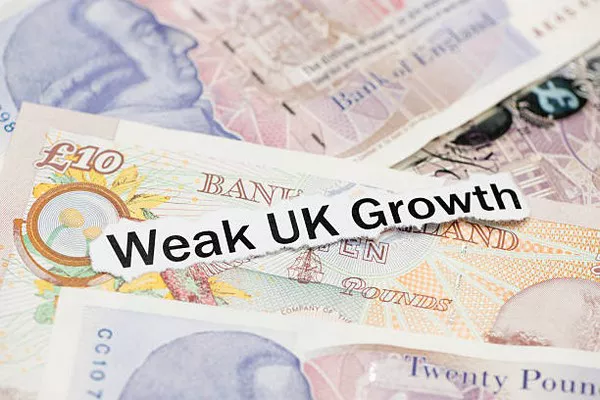The Bank of England (BoE) has opted to keep interest rates unchanged at 5.25% for the seventh consecutive meeting in June 2025, as policymakers grapple with persistent inflation and heightened political uncertainty ahead of the upcoming UK general election. The Monetary Policy Committee (MPC) voted 7-2 in favor of maintaining the current rate, with two dissenting members advocating for a 25-basis-point cut, citing weakening economic momentum. The decision reflects the central bank’s cautious approach amid conflicting signals from the economy—while headline inflation has eased from its peak, services inflation and wage growth remain stubbornly high, complicating the path to rate reductions.
UK inflation fell to 2.7% in May, down from 3.1% in April, moving closer to the BoE’s 2% target. However, core inflation, which excludes volatile food and energy prices, remains elevated at 3.4%, driven by strong price pressures in hospitality, healthcare, and education. Wage growth, though slowing, continues to outpace inflation at an annual rate of 5.8%, fueling concerns that businesses may pass on higher labor costs to consumers. Governor Andrew Bailey acknowledged progress in taming inflation but stressed that the MPC needs “more evidence” that price pressures are sustainably under control before considering cuts. Markets now expect the first rate reduction to come in September, though some analysts warn it could be delayed further if inflationary trends prove stickier than anticipated.
The BoE’s decision comes against a backdrop of political volatility, with the UK general election scheduled for July 4. Both major parties have made economic stability a key campaign issue, and the central bank has sought to remain apolitical, emphasizing that its decisions are based solely on economic data. However, fiscal policy proposals from the competing parties—including potential tax cuts and increased public spending—could influence inflation dynamics later this year, adding another layer of complexity to the BoE’s calculus. Shadow Chancellor Rachel Reeves has criticized the Conservative government for “mismanaging the economy,” while Chancellor Jeremy Hunt has defended his party’s record, arguing that inflation has been halved since its peak in 2022.
Economic growth in the UK remains fragile, with GDP expanding by just 0.2% in the first quarter of 2025. Consumer confidence has improved slightly, but retail sales remain subdued as households continue to feel the pinch from higher mortgage costs and elevated living expenses. The housing market has shown tentative signs of recovery, with mortgage approvals rising modestly as lenders adjust to the prospect of future rate cuts. However, business investment remains weak, with many firms adopting a wait-and-see approach amid political and economic uncertainty.
The BoE’s latest forecasts suggest that inflation could temporarily dip below the 2% target later this year before settling around 2.5% in 2026, assuming gradual rate cuts begin in the autumn. The central bank has also revised its growth projections downward, citing weaker global demand and domestic productivity challenges. Some economists argue that the BoE is being overly cautious, risking unnecessary economic pain by keeping borrowing costs high for too long. Others, however, contend that premature easing could reignite inflation, forcing the bank into another painful tightening cycle.
As the UK navigates a delicate economic balancing act, all eyes remain on the BoE’s next moves. With the Federal Reserve and the European Central Bank already embarking on rate-cutting cycles, pressure is mounting on the UK to follow suit—but for now, the central bank appears determined to wait for clearer signals that inflation is decisively beaten. The coming months will be critical in determining whether the BoE’s patience pays off or if it will be forced to recalibrate its strategy in the face of an increasingly uncertain economic landscape.
You Might Be Interested In:


